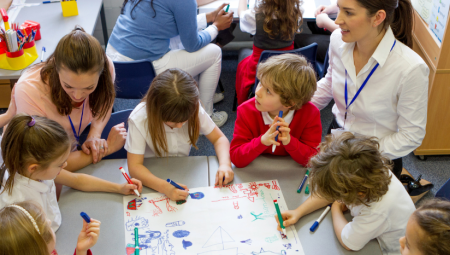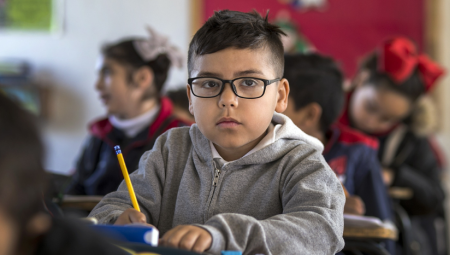Background
About one in five young people in the UK experience mental health difficulties, and the number has been rising over the past 20 years. These issues often come from a complicated mix of personal and social factors that change over time. It’s really important that we find better ways to understand why young people struggle with their mental health and figure out which types of support and interventions actually work. Using large linked datasets gives us a valuable chance to explore these questions on a bigger scale. By bringing together information from different sources — like health, education, and social data — researchers can spot patterns, see how things change over time, and understand what puts young people at risk or helps protect their mental wellbeing.
Project Aims
- We are asking young people in our PPI (Patient and Public Involvement) groups which research questions and topics they think we should focus on when using linked data.
- We want to know what matters most to young people when it comes to mental health research.
- We are also asking how we should share and present research findings so they are clear, understandable, and accessible to young people.
Project Activity
We are running four focus groups with young people aged 13–25 from across the UK, including people from a range of backgrounds. Some of the groups will meet in person, and some will meet online. Each group lasts about an hour and includes a short presentation from researchers about how linked data could be used in mental health research.
After that, the group will take part in an activity to come up with a list of research topics that matter most to young people and then rank them in order of importance. We will also show the groups examples of how research findings can be shared and who might share them, and we will ask the young people to tell us which formats they find most accessible and interesting. Everyone who takes part will receive a £25 shopping voucher as a thank you for their time.
Anticipated or actual outputs
We will use the findings to help shape future mental health research using linked datasets, decide which datasets should be linked first, and create a short guide on how to share results from quantitative research in ways that are clear, engaging, and easy for young people to understand.
Who is involved?
- Dr. Jo Reid, University of Cambridge
- Dr. Judi Kidger, University of Bristol
- Hayley Gains, University of Cambridge
- Chloe Forte, University of Bristol
Contact
Jo Anderson, jpa44@cam.ac.uk





